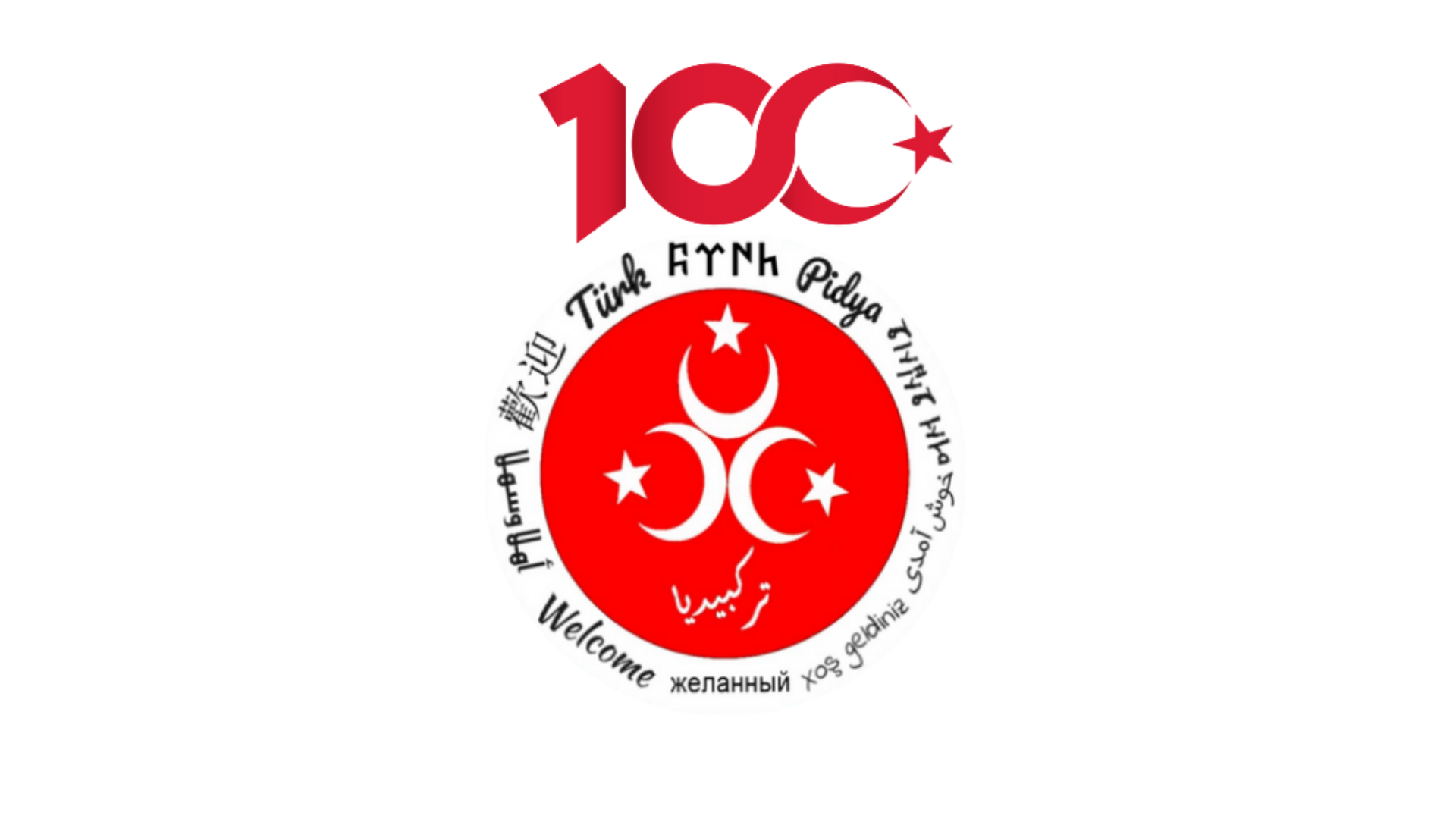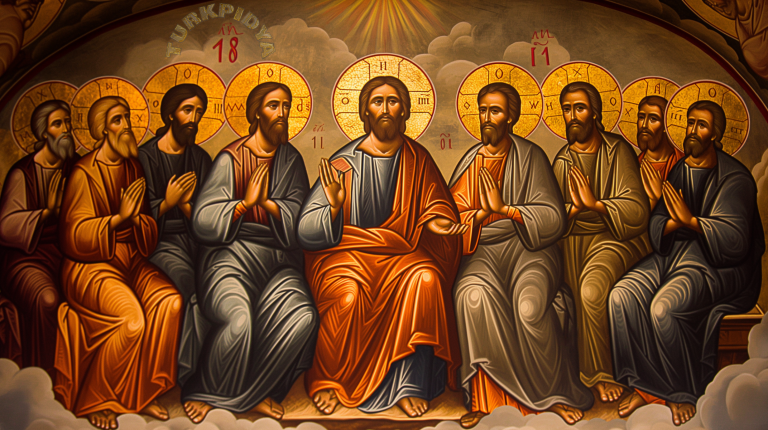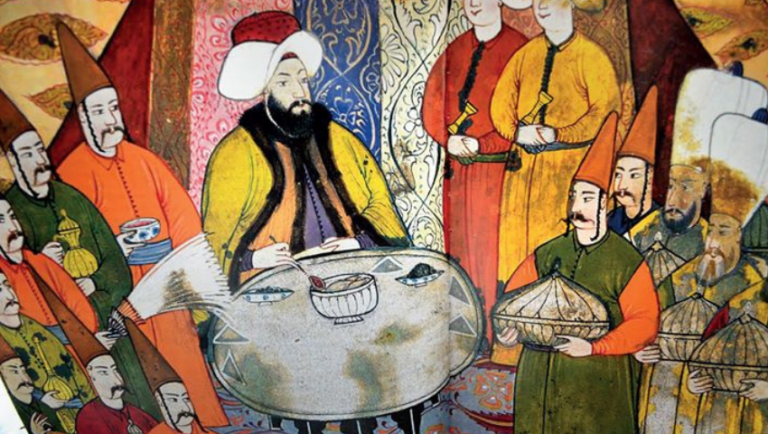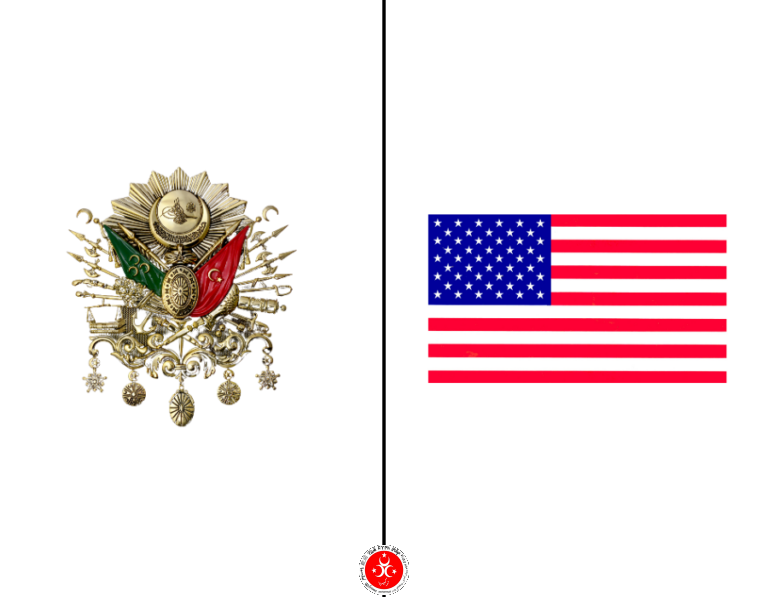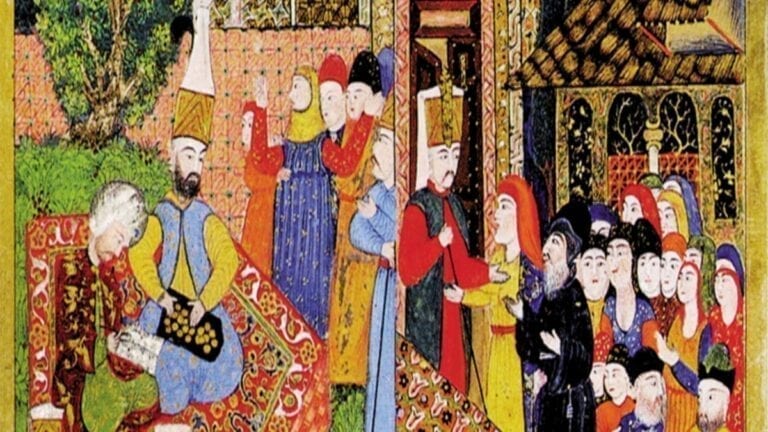Table of Contents
Are you curious about the Turks in France? Are you interested in learning more about the culture and customs of Turkish citizens living abroad?
If so, this blog post is for you! Here, we’ll be exploring the history of Turks in France and discussing how they’ve been able to integrate into French society.

Introduction to Turks in France
Welcome to our blog about the Turks in France. The Turkish-French community, also known as French Turks or Franco-Turks, comprises ethnic Turkish people living in France. This population is estimated to be around 700,000, making it the largest Turkish population in a European country after Germany. With this in mind, let’s take a closer look at the history and culture of the Turks in France.
Turks in France have a knowledge and mixture of both Eastern and Western cultures. Relaxation is important to them and they are often seen frequenting coffee houses. Over the years, they have made an impact on the French economy, but also on French society at large.
In this article we will explore all aspects of life for Turks in France – from their migration to their social life and organizations – so that you can get a better understanding of this vibrant and diverse community.
History of Turkish Immigration to France
The history of Turkish immigration to France dates back to the 1950s, when many Turks left their homeland in search of better economic and educational opportunities. Since then, the Turks in France has grown steadily, with more and more people relocating to the country.
As a result of their presence in the country, they have become an integral part of French society and culture, contributing to the diversity and richness of life in France.
Reasons for Turkish Migration to France
- Economic Opportunities: One of the main reasons for Turkish migration to France is the availability of better economic opportunities. Many Turkish people migrate to France in search of better-paying jobs, which can provide them with a higher standard of living.
- Education: France is known for its high-quality education system, and many Turkish families migrate to France to provide their children with access to better educational opportunities. This can help their children to have a better future and succeed in their chosen fields.
- Cultural Diversity: Turkey is a country with a rich cultural heritage, and many Turkish people appreciate the cultural diversity of France. French culture is known for its arts, fashion, and cuisine, and Turkish people can benefit from experiencing this diversity firsthand.
- Language Learning: French is a widely spoken language around the world, and many Turkish people migrate to France to improve their language skills. This can open up new opportunities for them in their careers and personal lives.
- Family Ties: Many Turkish families have relatives and friends who live in France, and they may choose to migrate in order to be closer to their loved ones. This can help to strengthen family ties and create a sense of community in the Turkish migrant population.
- Social Services: France has a well-developed system of social services, including healthcare, education, and social welfare programs. This can provide Turkish migrants with access to the support they need to thrive and succeed in their new home.
Estimates of the Size of the Turks in France
It is estimated that around 700,000 Turks live in France, making them the largest Turkish population in a European country after Germany. This is clear from the fact that many mosques and Islamic groups for Turkish immigrants have been built in and around Paris.
In addition to this, the total population of Turkish people living abroad exceeds 6.5 million people, with approximately 5.5 million of them living in Western Europe. This admixture of Turkish people reflects the population growth seen in recent years due to various factors.
Turkish Enclaves in France
The Turkish community in France is not evenly distributed throughout the country, but rather concentrated in certain areas. It is estimated that around 700,000 Turks live in France, with the highest concentrations being in the cities of Paris, Marseille, and Strasbourg.
These areas are often referred to as “Turkish enclaves” due to the high concentration of Turkish people living there. These enclaves have had a major impact on the cultural landscape of France, bringing with them aspects of Turkish life and culture that have been embraced by their French neighbors.
Additionally, these enclaves have provided a sense of community and support for the Turks in France and increased interaction between cultures.
Cultural Impact of the Turks in France
The Turkish community in France has had a significant cultural impact on the country. The presence of Turks has led to an increase in the diversity of French culture and has created a unique fusion of French and Turkish traditions.
Turks have brought with them their own language, cuisine, and music, which have become an integral part of French culture. The Turkish presence has also had a positive effect on the French economy due to the increased trade and tourism opportunities it provides.
Also, the immigration of Turks into France has given the country access to their skills in many different fields, which has helped it grow economically. Also, the fact that there are Turkish people in France has helped make the country more open-minded and cosmopolitan.
Impact of Turkish Migration on French Economy
The impact of Turkish migration on the French economy has been significant. The influx of Turkish immigrants to France in recent years has helped to fill gaps in the labor market, while also providing a boost to the country’s GDP. Turkish immigrants have also provided an increase in domestic consumption, as they buy goods and services from French businesses.
This increased spending helps to stimulate the economy and create jobs. Also, the presence of Turkish immigrants has made it easier for France and Turkey to blend their cultures. This could lead to better economic ties between the two countries.
Social Life of Turks in France
The Turks in France is quite diverse, with many different cultural and social backgrounds. This means that each individual Turkish person living in France will have their own unique experience, which may differ from that of another. However, it is important to note that many Turks in France live together in communities, and these communities can be incredibly vibrant and lively.
There are Turkish restaurants, cafes, and other businesses that offer a place for the community to come together and share their culture with the wider French population. These communities also provide a valuable support network for their members, which can be especially important for those who are new to the country and trying to find their footing.
As such, the social life of Turks in France is an integral part of their lives, providing them with opportunities to connect with one another and form meaningful relationships.
Turkish Organizations in France
- Union des Associations Turques de France (UATF): UATF is a federation of Turkish associations in France, representing the interests of Turkish communities across the country. It aims to promote Turkish culture and heritage, and to support the integration of Turkish people into French society.
- Association France-Turquie: This association is dedicated to promoting the cultural, economic, and social ties between France and Turkey. It organizes events and activities aimed at bringing together people from both countries and promoting dialogue and understanding.
- Maison de Turquie: This cultural center is located in Paris and hosts a range of cultural and educational events related to Turkish culture. It provides a space for Turkish people to come together and celebrate their culture, and also serves as a resource for those looking to learn more about Turkey.
- La Fédération des Entreprises Franco-Turques (FTCI): FTCI is a federation of French and Turkish companies, working to promote economic ties between the two countries. It provides a platform for companies to network and collaborate, and also provides support and advice to companies looking to expand their operations in France or Turkey.
- Confédération des Associations Turques en Europe (CATÉ): CATÉ is a federation of Turkish associations across Europe, including several in France. It aims to promote the cultural heritage of Turkish people in Europe, and to advocate for the rights and interests of Turkish communities across the continent.
Turkish Embassy in Paris
The Turkish Embassy in Paris is a crucial diplomatic mission that serves as a vital link between Turkey and France. As one of Turkey’s largest embassies abroad, the embassy plays an essential role in promoting and protecting Turkey’s interests in France, as well as providing assistance to Turkish citizens who are traveling or residing in the country. The embassy also plays a crucial role in fostering strong relations between Turkey and France, which are rooted in shared values and common interests.
Located in the heart of Paris, the Turkish Embassy is a prominent landmark in the city, serving as a symbol of Turkey’s presence and influence in France. The embassy works to promote Turkish culture, language, and traditions in France through various cultural events, educational programs, and other initiatives. These events provide an excellent opportunity for the French people to learn more about Turkey’s rich history, diverse culture, and vibrant community. With its dedicated staff and commitment to serving both the Turkish and French people, the Turkish Embassy in Paris is a vital institution in promoting diplomacy and cooperation between these two nations.
Embassy of Turkey in Paris Contact Information
Address: 16, Avenue de Lamballe, 75016 Paris, France
Phone number: +33 1 53 92 71 11
e-post: ambassade.paris@mfa.gov.tr
This embassy also provides visa services. For any other questions or services, please feel free to reach out and contact the embassy for more information.
